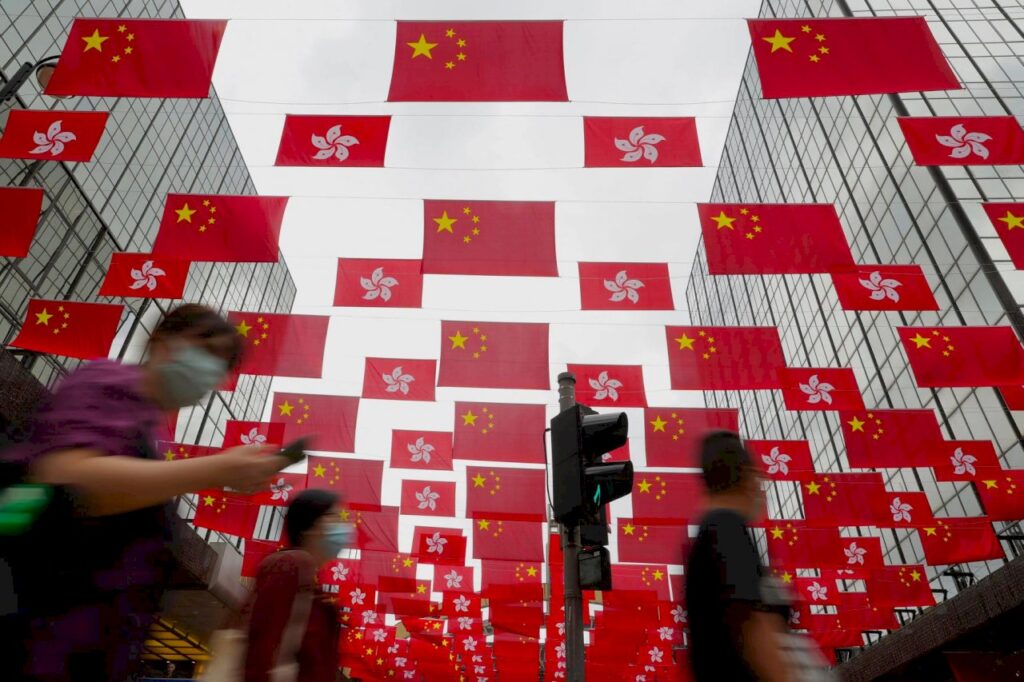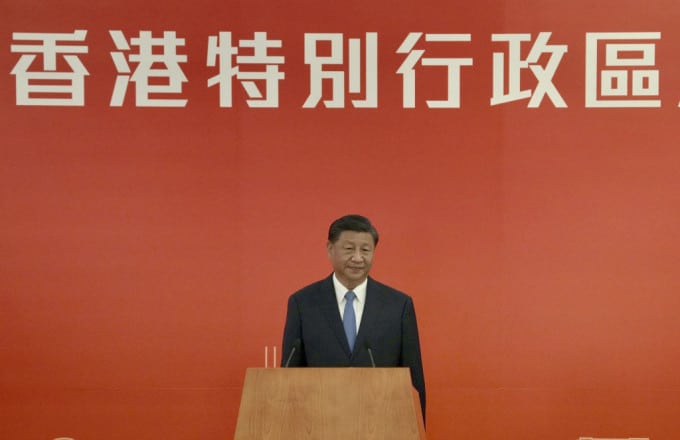"This is criminality, pure and simple." was the then British Prime Minister Cameron's evaluation of the London riots in 2016. The police killed a young man suspected of being armed with a gun, triggering a demonstration movement against violent law enforcement. In just six days, it spread to more than 5,000 cases of robbery, arson, and assault on police officers, making it the most serious conflict between police and citizens in the UK in recent years. Many media outlets, like Cameron, have condemned violence, but their words have also been criticized because criminal acts may be superficial, but the motives may not be pure. The neglect of pursuing the truth cannot help resolve the deep-seated contradictions behind the crimes.
Multiple investigations piece together the whole picture
Officials and politicians put forward various inferences, accusing the participants of being "waste youth" who deny traditional values, opportunists with moral turpitude, gangsters who ignore law and order, etc. In order to thoroughly investigate the cause of the incident, the British government established an independent investigation committee after the riots. It believed that collective behavior cannot be generalized. Social and economic contradictions, policy mistakes, and police issues are all reasons for taking to the streets. The final recommendation is to restore social and economic trauma by focusing on parental discipline, emotional health, igniting hope, youth employment, corporate responsibility, police-citizen trust and neighborly relations.
An independent investigation alone is not enough. Only by combining the efforts of different departments can we piece together the full picture of the incident. The Parliamentary Home Affairs Committee focused on examining law enforcement costs, police deployment and social media policies, and brought out discussions on police power, police strength, training and intelligence. A private report co-authored by The Guardian and the London School of Economics highlights public outrage over police brutality, especially the perception of unfair law enforcement due to excessive stop-and-frisk. The two police watchdogs determine whether the force used by police is appropriate, measure the effectiveness of communications with the media and the community, and review rules governing public order. The Metropolitan Police conducts a strategic review of its operational plans during the riots. The Cabinet Office commissioned research to explore youth participation.
Reform to restore acceptance
Public crises occur from time to time in Hong Kong. Not to mention the lead water incident in 15 years ago, which caused panic throughout the city and required daily press conferences to follow up. Carrie Lam, who was then Chief Secretary for Administration, presided over an inter-departmental meeting and instructed the Development Bureau to set up a dedicated inter-departmental investigation team to determine the cause of lead in drinking water. Then the Housing Authority established a review committee to review the drinking water quality and project supervision system of public housing estates. The government then established a committee to investigate excessive lead content in drinking water. In addition to investigating the causes, it also evaluated the regulatory and supervisory systems for drinking water safety. When we were dealing with public crises, we knew how to restore citizens' confidence, but how come we are now at a loss when it comes to political issues? Social order is in jeopardy, and the rule of law cannot be reduced to the king's new clothes. However, cracking down on social movements will not bring long-term peace and stability.
I would like to ask those in the government: the demonstrators are so powerful and have not shown signs of fatigue, why should they be asked to leave? He also asked the demonstrators that the advance and retreat of the front line are decided on the spot, and the rules of the square are endlessly escalating. How can they persuade the government to make concessions? The government and the protesters have not yet seen a starting point for dialogue. Independent investigation is now the biggest common denominator, and it is also the sincerity required by all walks of life. After showing sincerity, we still have to face the fact that the SAR government does not have democratic universal suffrage, and the procedural acceptance is inherently insufficient. In the face of an unprecedented governance crisis, the substantive acceptance has also reached its bottom. To restore the almost paralyzed governance capacity, we cannot do without a comprehensive investigation of the summer turmoil of this year and provide society with an explanation and reform.
Pan Xuezhi, Director of Democratic Thoughts



